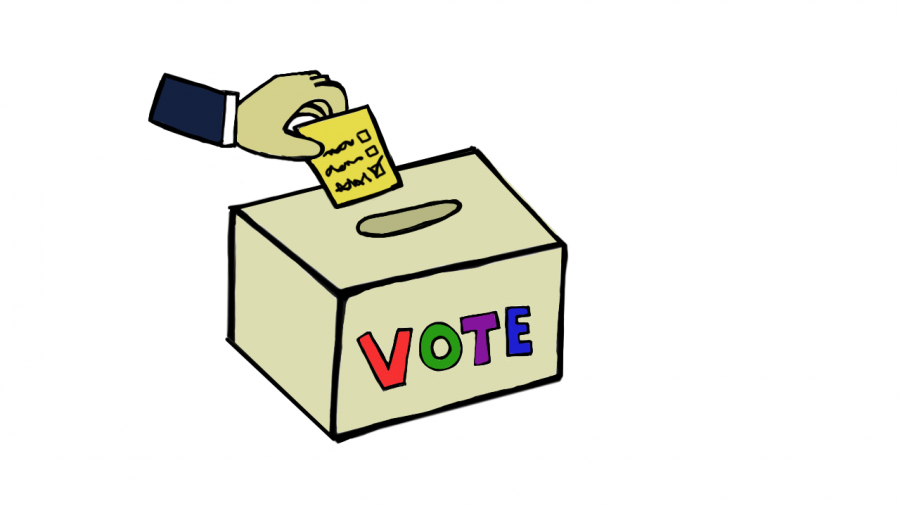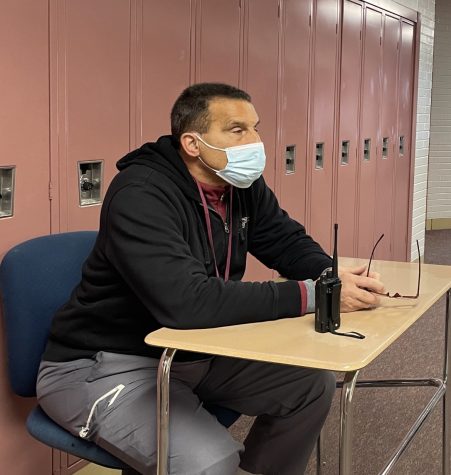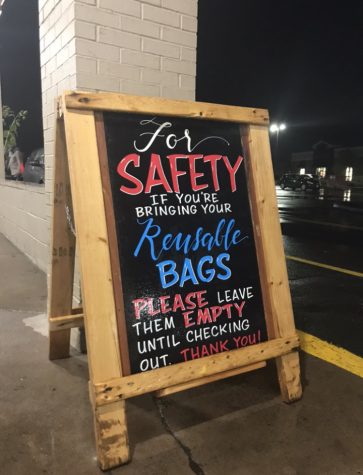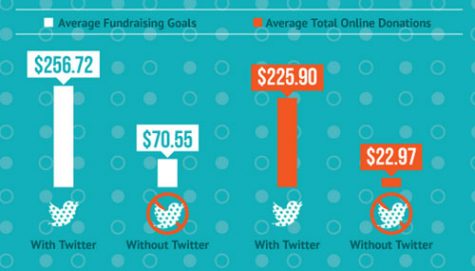Teenagers can have an impact
November 15, 2018
As of now, we’ve seen Iowa and New Hampshire cast their votes to nominate our next crop of Presidential candidates. Of course, we are all watching as observers; Connecticut doesn’t get to vote until April, and even then, most students won’t be able to vote, not being 18.
That being said, voting isn’t the end-all be-all of democracy, not by a long shot. There are ways in which we can engage ourselves, both at a local and broader level. Further, we shouldn’t just be involving ourselves on principle; there are significant real-life changes and consequences that are made possible just through our increased involvement. We all benefit from the positive changes that we can effect in our communities.
It’s understandable that sometimes we can feel as though we have no sway on what goes on around us. As young people, we may sometimes feel stifled by older figures who have more life experience, leading us to think that our opinions and role in society are steeped in naivety and wouldn’t be impactful.
As students, it’s easy to feel trapped in the system, constantly trying to chip away at a growing pile of work and reaching for higher GPAs. It’s even easier to get caught up in our current situation and forget that there are larger discussions and issues playing out all around us.
But while it may be easier to blame our circumstances and external pressures for discouraging us from being aware of and engaging in larger societal issues, our tendency towards the ease of apathy usually stems from a lack of our own convictions and motivation to be self-determined.
The least we can do for ourselves is to at least understand the issues at play. In doing so, it lets people take action when they have the motivation to do so. Action is made that much more meaningful when people choose to be actively aware and knowledgeable about the situation.
The issues in question can range far and wide, anything from national politics to things that hit much closer to home, such as last year’s cafeteria boycott. We all watched as the boycott grew from online conversations to a substantive schoolwide movement after students made an effort to understand the contract the district had signed with Chartwells, and what they could do about it.
Whether or not one agrees with the actions being taken, a certain respect has to be afforded to those who are willing to stand up for what they believe in. It takes a certain amount of conviction and determination to transform ideas into action, whether the intention is to create something new or to fight an injustice. But none of it would be possible without choosing to learn about and understand our dynamic world and the issues people struggle with.
We may only be anywhere from 13 to 18 years old, nowhere near legal or just on the cusp of adulthood, but we still have the opportunity and potential to make a difference and become part of the larger conversation – if not now, then later. But these formative years we have now are so incredibly crucial to building a solid foundation of understanding and good habits of constantly learning about the world.





